The Impact of Lockdown on Autistic Children’s Mental Health
The Impact of Lockdown on Autistic Children
The COVID-19 pandemic and subsequent lockdowns have had a profound impact on’s lives, including children and adolescents. At the time of writing this article, June 2023, we are seeing the challenges and outcomes of this upheaval including much-reduced attendance. It feels like there has been a subtle shift in many areas of society that has combined to shock the education system. The issues are many and complex but the most evident is the impact on the mental health of young people in schools. This article explores the effects of the first UK lockdown on the mental health of autistic children and their families, drawing on a longitudinal study conducted during and after this period (Asbury et al., 2021).
The Impact of COVID-19 on the Mental Health and Wellbeing of Autistic Children and Their Families
The COVID-19 pandemic and it’s implications for society and education has had a profound effect on the lives of autistic children and their families. We knew that this profound shift in the routines of life would affect our children and a number of high-quality resources were created to support young people through the covid-19 pandemic. Research shows that autistic children experienced increased levels of anxiety, and depression, during lockdowns and school closures. This is currently manifesting in our schools as an increase in behaviours of concern. For many autistic children, the loss of routine, predictability, and access to mental health support services contributed to psychological distress. We know from previous research that this influences behaviour and well-being.
Caregivers of autistic children also faced significant challenges, including increased caregiving demands, lack of respite, social isolation, and financial hardship. This is accelerating with many home-owning families facing a huge increase in mortgage payments. This study found that anxiety and depression increased in both autistic children and their parents over the course of the pandemic. Uncertainty about the future and changes in daily life were major sources of stress for families. For autistic individuals, unpredictability and lack of control can exacerbate anxiety and lead to meltdowns or withdrawal.
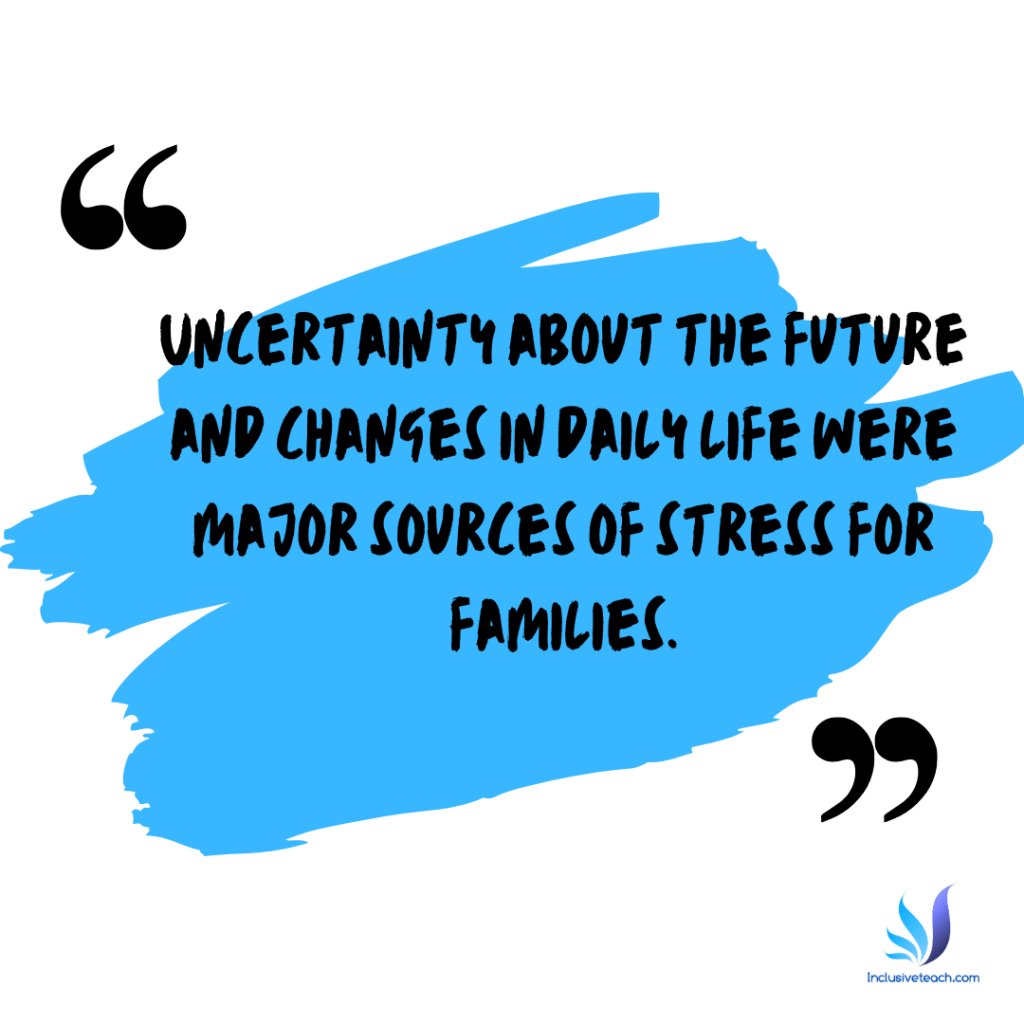
Autistic children are already at high risk for certain anxiety disorders, especially social anxiety disorder, and separation anxiety disorder. For some people, anxiety may serve a protective function by helping them avoid overwhelming situations. However, chronic anxiety can significantly impact health, development, and quality of life.
What Strategies Were Used To Help Manage Anxiety?
During the pandemic, parents reported using various strategies to help manage anxiety in their autistic children, including sensory interventions, social stories, visual supports, and maintaining a predictable routine. Understanding an individual child’s needs and preferences was key to developing effective anxiety management techniques. For nonverbal children, behavioural interventions and close observation were especially important.
For autistic adults, perceived stress, reduced tolerance of uncertainty, and coping style were linked to anxiety and wellbeing during the initial stages of the pandemic. Feelings of isolation and loss of routine were also commonly reported struggles. Autistic adults, like children, benefited from social support to help reduce stress and uncertainty.
While the pandemic caused hardship for many families of autistic individuals, some also experienced unexpected benefits. For example, the removal of demands such as school led to improvements in wellbeing and physical health for some autistic children. Parents also reported reduced responsibilities and greater time with family as welcome respite.
The Transition Back to “Normal”
The research suggests that, increased support will be needed to help autistic individuals transition back to more normal routines. Schools can promote inclusion by providing individualised support for the needs of autistic students. Mental health services should be bolstered, as autistic individuals remain at risk of anxiety and depression. This massively overestimates that capacity of schools, from an organisational point of view of stretched budgets and uncertainty, to provide that support – to be the support network they aren’t designed for. It also fails to take into account the individual struggles of school staff.
Specific Problems Identified During Lockdown (From Banerjee 2021).
- Lack of emergency phone numbers:
- A list of names and numbers of professionals that could be phoned in a crisis would have been useful.
- Having someone to talk to for advice and support would have been helpful, especially on weekends when nursing teams were not working.
- School flexibility:
- Schools being more flexible in their times of admitting children would have been helpful.
- Parents should have been informed of what the day would look like for their children.
- Negative impact on emotional well-being:
- The emotional well-being of some children and young people attending special schools may have been negatively affected during the lockdown period/school closure.
- Studies have shown an increased risk of depression and anxiety during social isolation and loneliness in previously healthy children.
- Importance of special schools:
- Special schools play a vital role in the physical, social, emotional, and cognitive development of children and young people with special educational needs.
- Closing these schools for an extended period may negatively impact the learning and emotional well-being of these children and young people and may have little role in preventing the spread of COVID-19.
- My son’s obsessions have taken over; his emotions have meant he hasn’t been accessing any forms of learning. School provides the structure that he requires.
- Struggled emotionally due to lack of understanding of restrictions and guidelines that are in place.
- Missed the interaction with her peers and teachers.
- Violent challenging behaviour and increase in meltdowns
- Lost important academic progress as a result; severely affected emotionally.
For future crises, personalisation will be key to supporting autistic people. Accommodations such as alternate programs or exemptions may be needed for some. Communication, social support, and resources for managing uncertainty should be priorities. Autistic perspectives must shape policies and the research agenda. By learning from both the struggles and triumphs of families during this time, we can build a more inclusive society where autistic individuals thrive.
Mental Health Challenges Faced by Autistic Children
Autistic children are more likely to experience mental health difficulties than their neurotypical peers. Studies show that the number of autistic young people with anxiety disorders is almost double that of the general population. This places autistic youngsters at an elevated risk of experiencing negative impacts on their mental health during lockdown.
Impact of Lockdown on Autistic Children’s Mental Health
According to Asbury et al.’s (2021) study, the first UK lockdown did not lead to a significant decline in autistic children and adolescents’ mental health, but their symptoms of anxiety and depression remained stable. In contrast, those with other special educational needs and disabilities (SENDs) experienced decreased anxiety levels during the same period. This suggests that the pandemic and lockdown have had a disproportionate impact on autistic children’s mental health. It is the aftermath that is now having an impact. I couldn’t find any research on the current post-pandemic situation and cost of living impact on autistic young people.
Effects of Lockdown on Parents and Caregivers
Asbury’s study also found that psychological distress and well-being remained stable throughout the first lockdown. This shows the resilience of parents and caregivers during this challenging time. However, further research would be required to understand the long-term consequences of the pandemic on parents and caregivers.
Reasons for Disproportionate Mental Health Effects
Autistic children tend to have a strong need for routine, predictability, and control over their environment. The sudden disruption caused by lockdowns and school closures could have exacerbated their anxiety symptoms. Moreover, the rapid transition to online teaching might have posed unique challenges for autistic students, particularly those requiring specialised educational support. Banerjee et al.’s (2021) research on the impact of school closures on special education students supports these findings.
Worry as a Dominant Theme
The study conducted by Asbury et al. (2021) discovered that worry was a dominant theme throughout the pandemic for both families with autistic children and those with other special educational needs and disabilities (SENDs). Anxiety was present in 20%-38% of responses across the various time points of data collection. One parent described the challenge of supporting their children’s anxieties while struggling with their own as they could not see end of the tunnel amidst the pandemic.
Contributing Categories
In addition to worry, the study identified three other primary categories affecting families during the lockdown. These categories included loss, understanding and awareness, and education. Additionally, several contributing categories, such as feeling overwhelmed, played a role in shaping the worry and psychological distress experienced during this time.
Loss
The category of loss encompassed several types of losses experienced by families during the lockdown, including the loss of routine, access to educational services, social interaction, and emotional support. These losses may have contributed to a higher level of worry and distress in both autistic children and their families.
Understanding and Awareness
Understanding and awareness refers to the varying levels of knowledge and comprehension of the pandemic by family members, and how much awareness they had of the situation’s impact on their lives. This category includes the understanding of restrictions, public health guidelines, and the potential consequences of the pandemic on autistic children’s education and development.
Education
Education emerged as an important category during the lockdown as the sudden switch to remote learning presented a challenge to many families, particularly those with autistic children. The lack of specialised educational support, need for adaptability, and inaccessibility of online teaching methods may have exacerbated worry and stress for both parents and their autistic children.
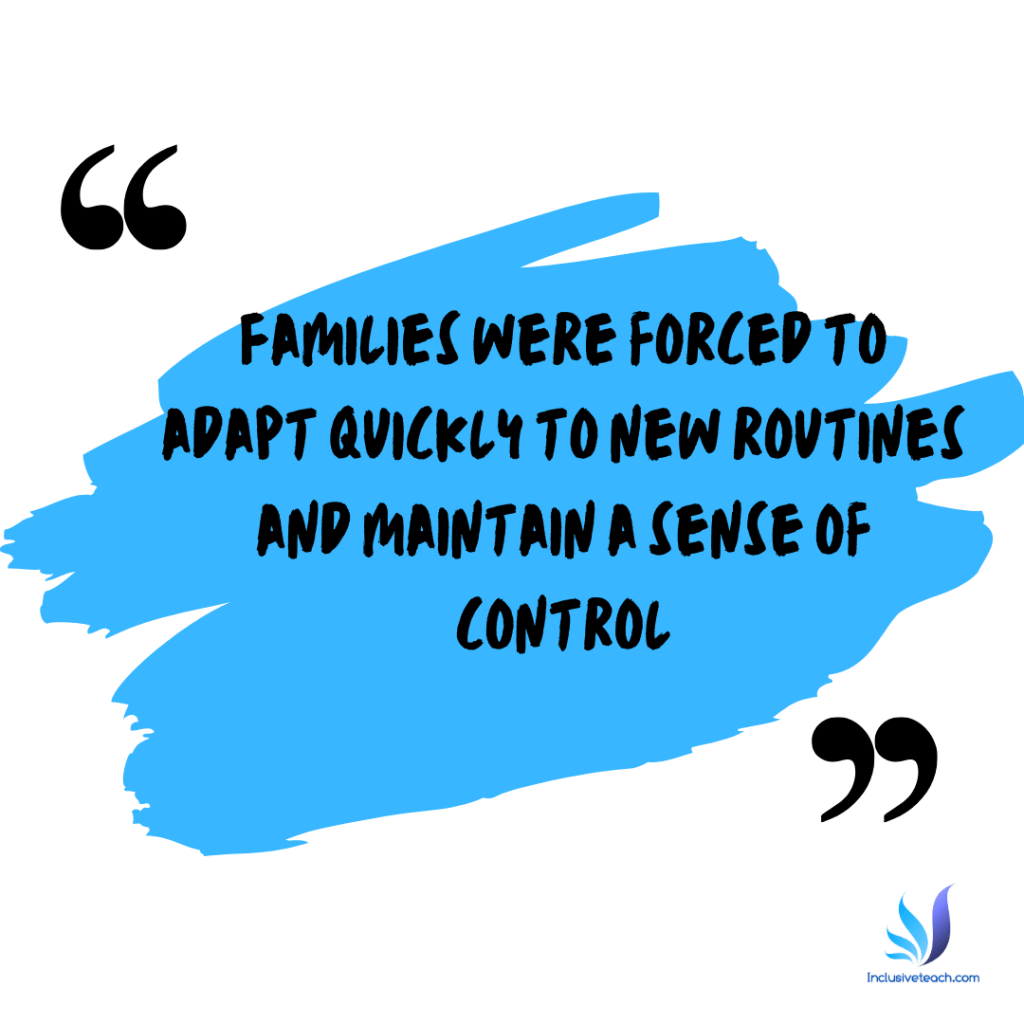
Overwhelmed by the Situation
Parents, caregivers, and children alike were often feeling overwhelmed by the pandemic due to a variety of factors. These factors include managing anxiety, education challenges, and increased responsibilities at home. Families were forced to adapt quickly to new routines and maintain a sense of control during a period of immense uncertainty.
Conclusion
The COVID-19 pandemic has led to significant changes in daily life and disrupted essential services, such as education. While mental health concerns were prevalent among children with SENDs during the lockdown, autistic children seem to have suffered disproportionately. Further research and targeted support are required to understand and address the unique needs of autistic children during times of crisis. Recognising these challenges and identifying appropriate solutions is crucial for safeguarding their well-being. The resilience of parents and caregivers is also crucial during such times, and their mental health and well-being should not be overlooked.
References
Asbury, K., & Toseeb, U. (2023). A longitudinal study of the mental health of autistic children and adolescents and their parents during COVID-19: Part 2, qualitative findings. Autism, 27(1), 188–199. (Free)
Banerjee, T., Khan, A., & Kesavan, P. (2021). Impact of lockdown and school closure on children in special schools: A single-centre survey. BMJ Paediatrics Open, 5(1). (Free)
Toseeb, U., & Asbury, K. (2023). A longitudinal study of the mental health of autistic children and adolescents and their parents during COVID-19: Part 1, quantitative findings. Autism, 27(1), 105–116. (Free)


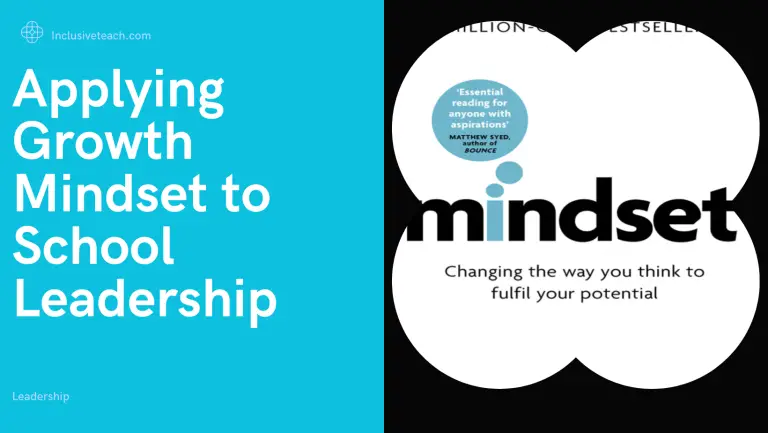
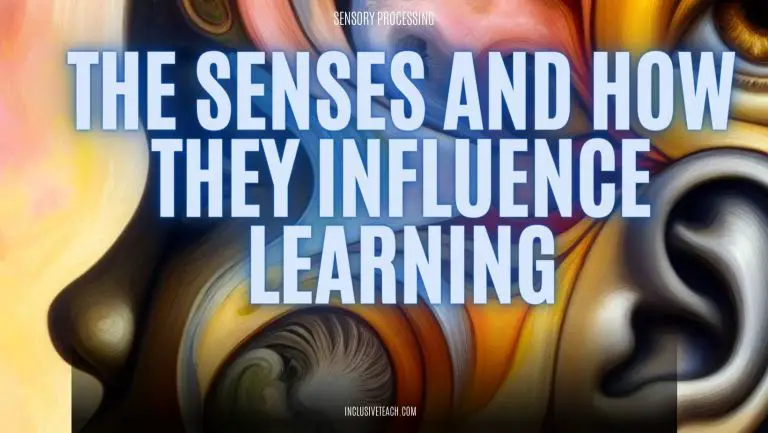

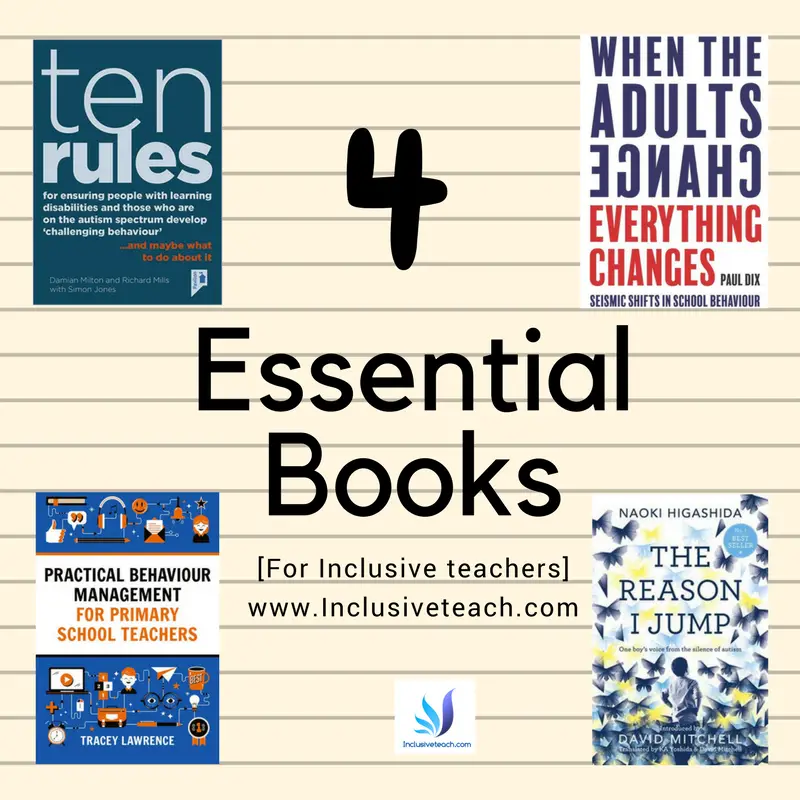

7 Comments